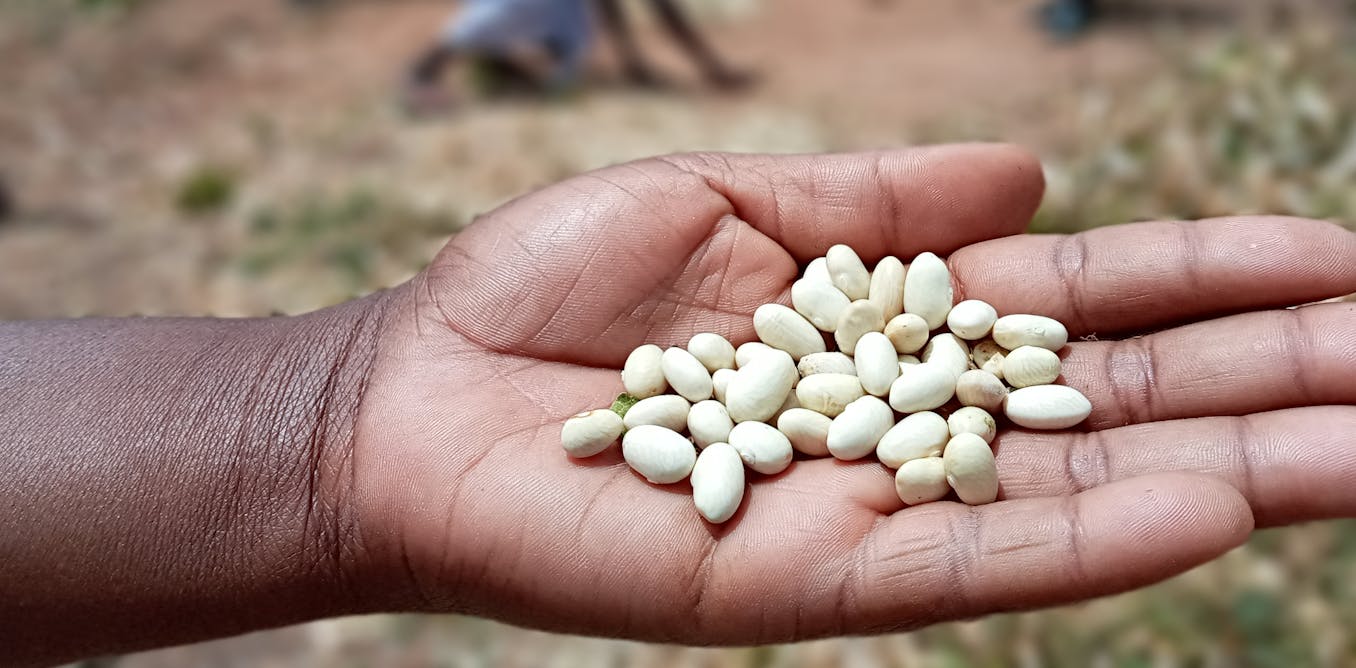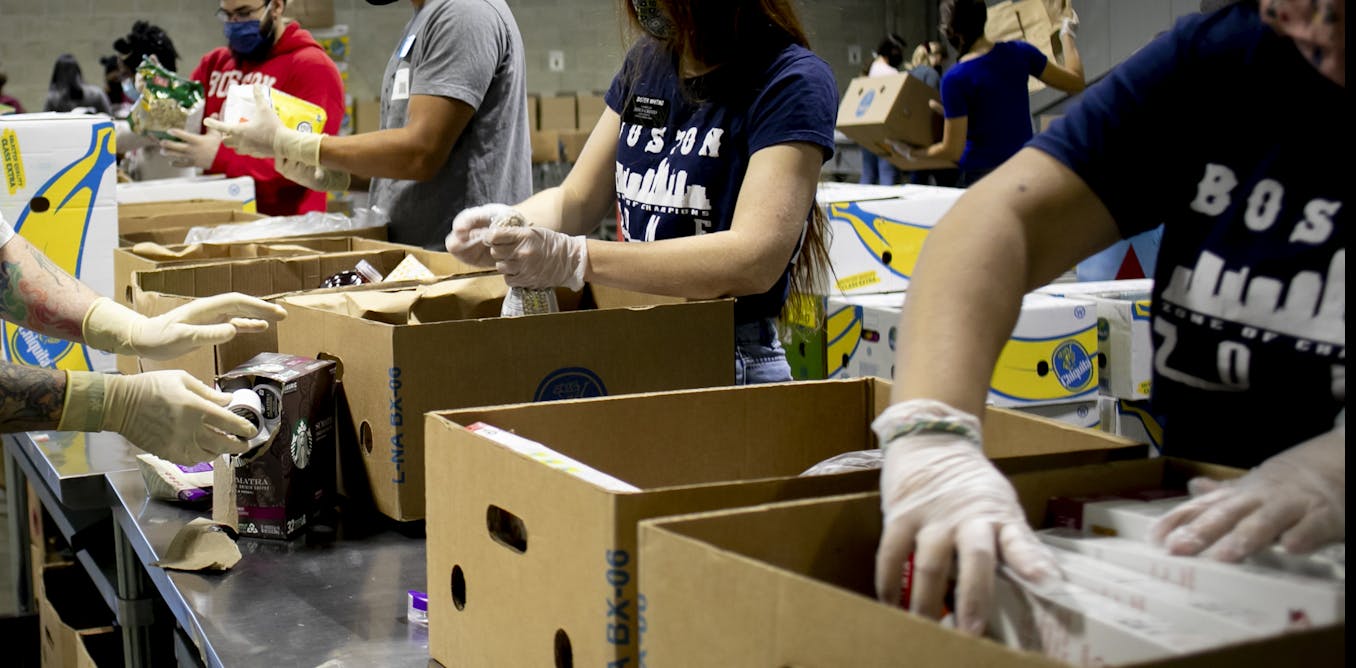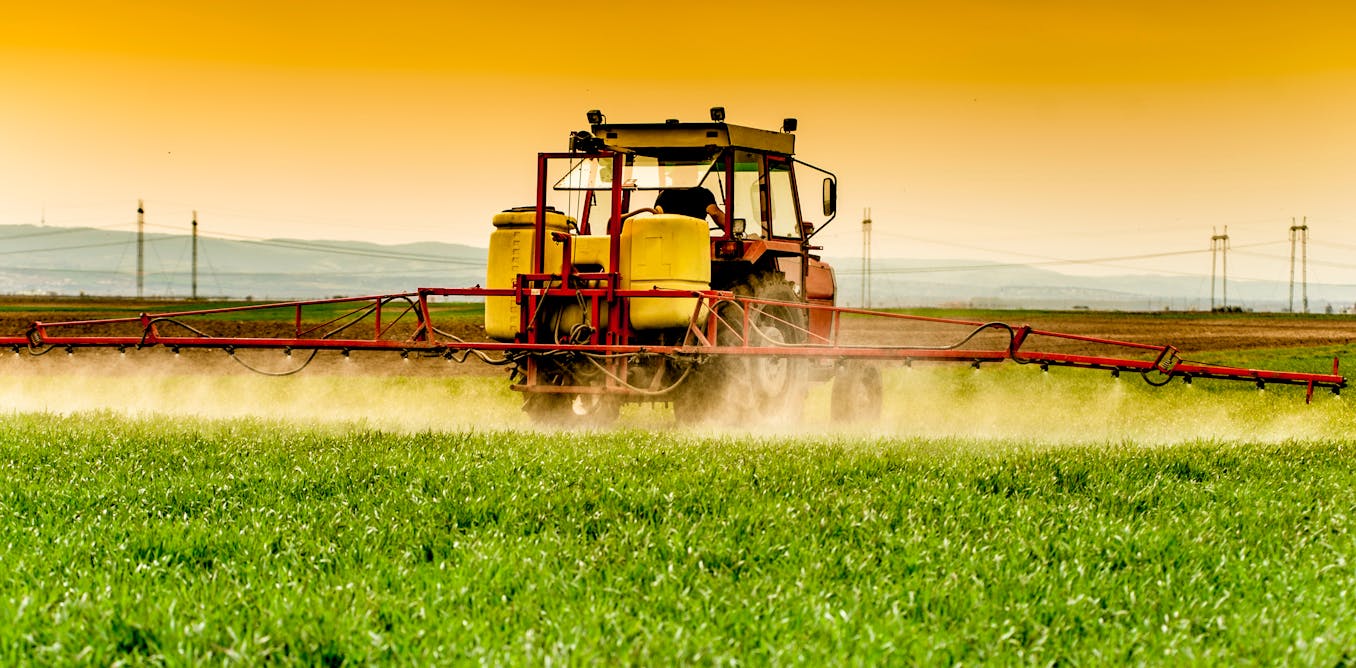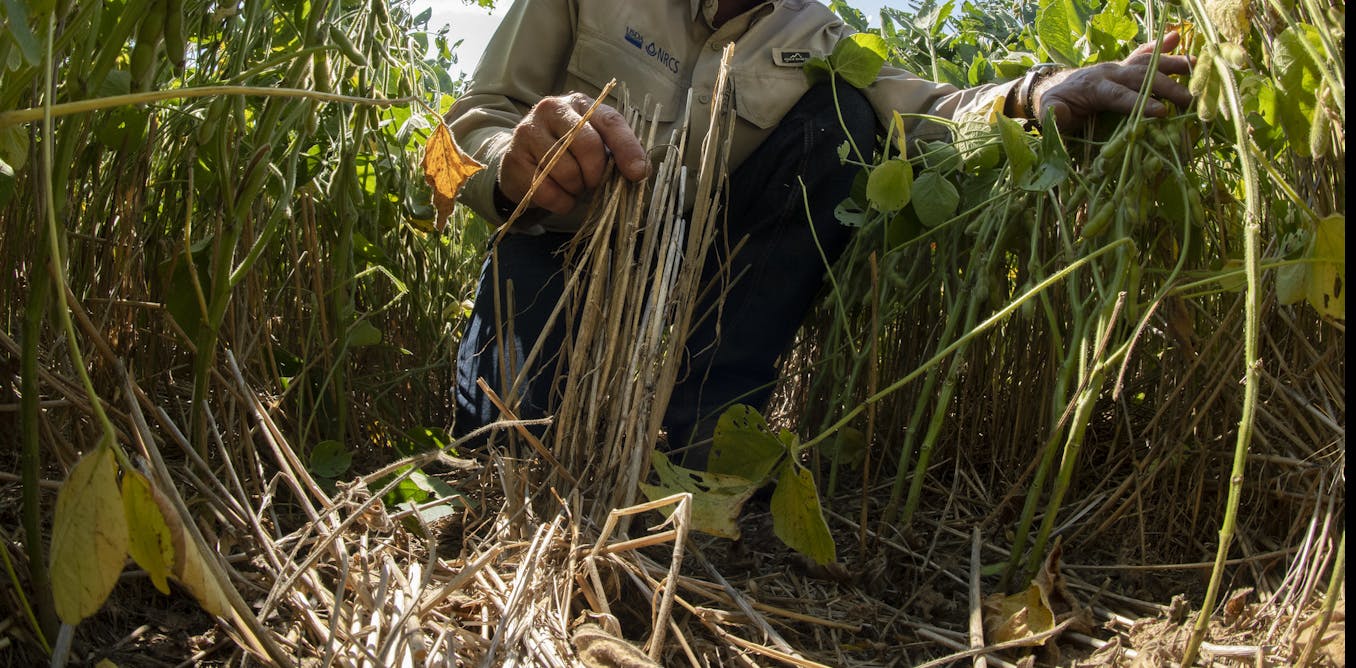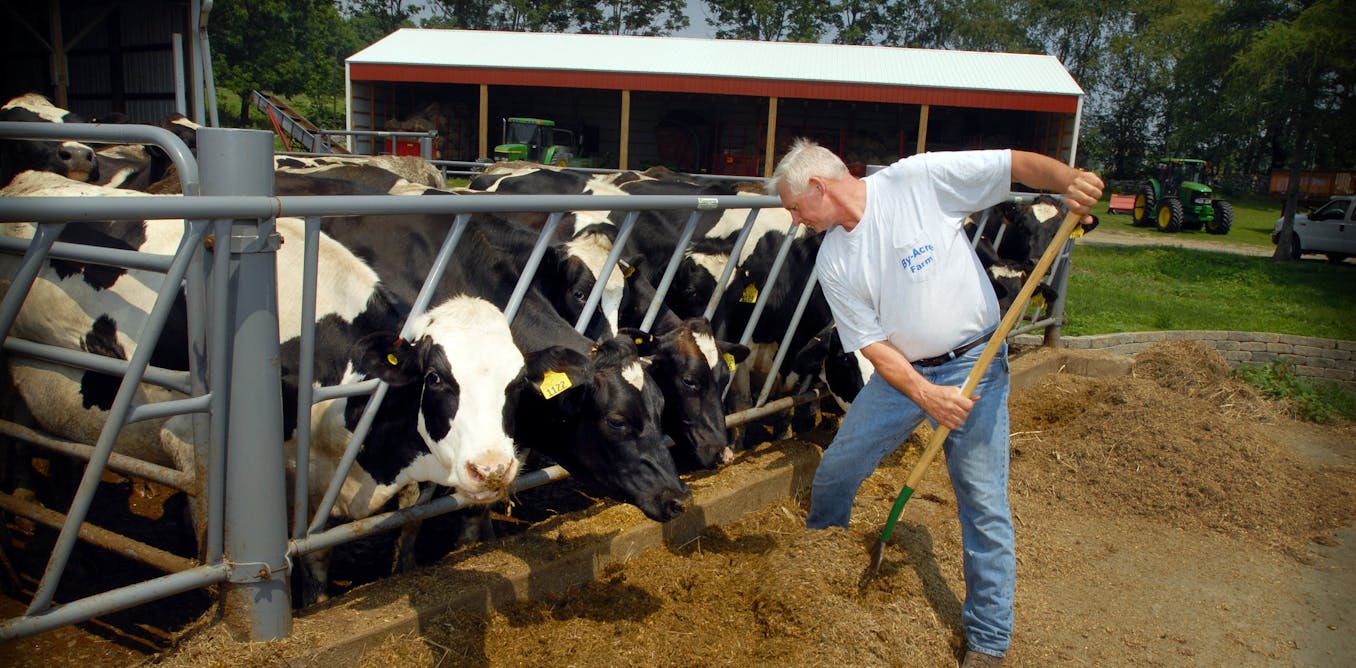Why the COP28 climate summit mattered, and what to watch for in 2024
The UN climate conference brought some progress. A former UN official who has been involved in international climate policy for years explains what has to happen now for that progress to pay off.
Dec. 20, 2023 • ~9 min



